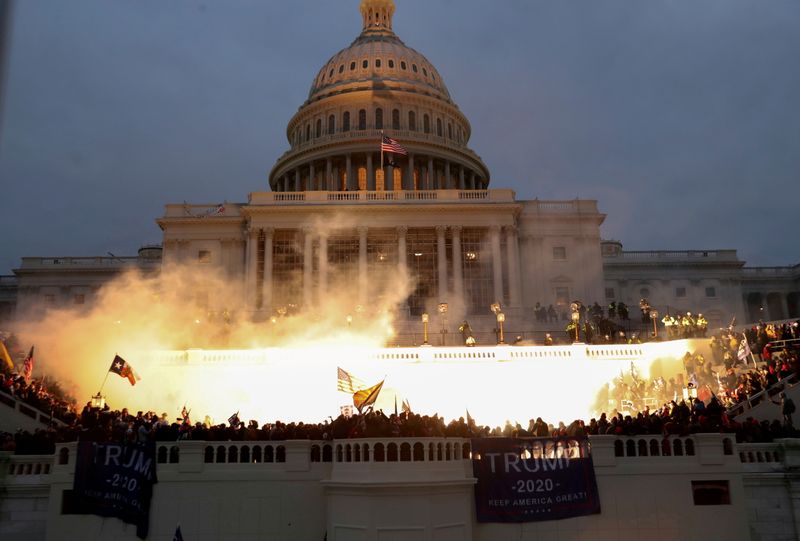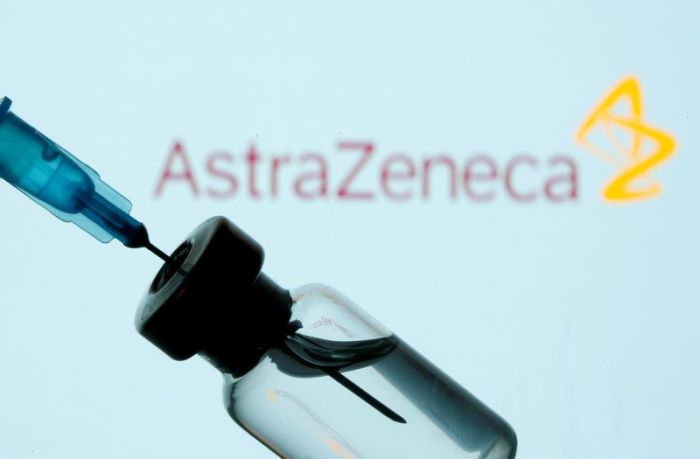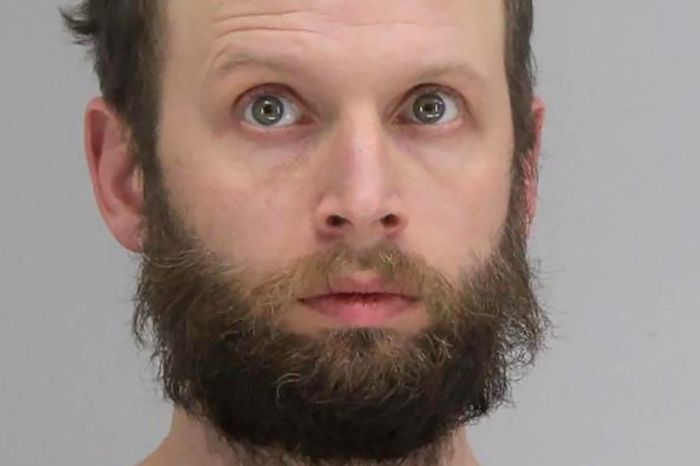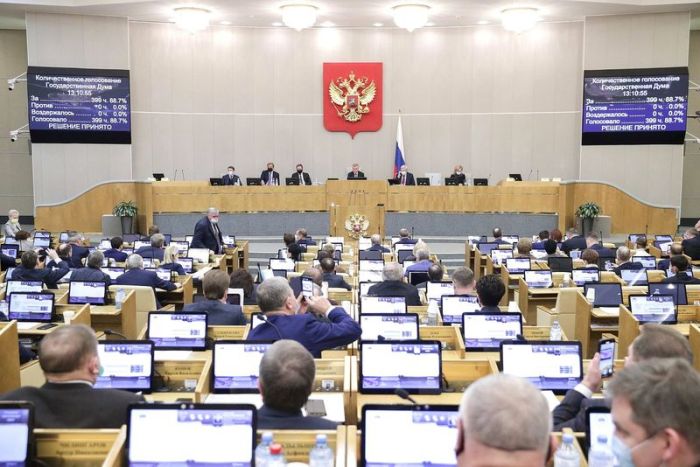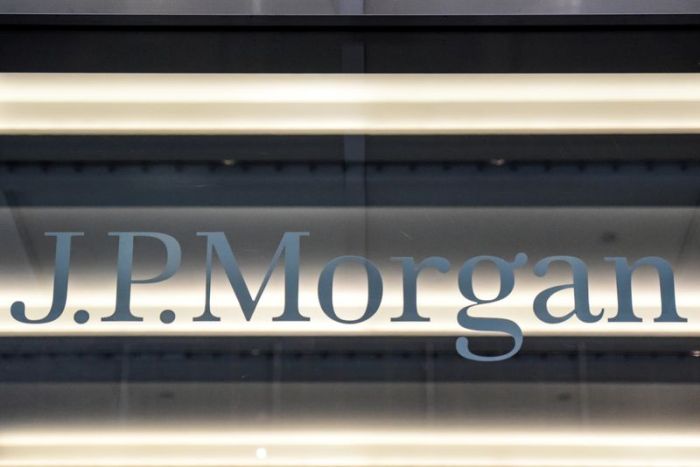(This January 26 story in 3rd paragraph, corrects spelling of first name of acting chief of Capitol Police, to Yogananda, not Yolanda.)
WASHINGTON (Reuters) – Top U.S. Capitol security officials apologized on Tuesday for “failings” during the deadly attack on the building by followers of then-President Donald Trump in a bid to stop the certification of Joe Biden’s election victory.
The officials specifically acknowledged a number of missteps: conflicting intelligence, inadequate preparation and insufficient mobilization of partner agencies, and called for improving accountability systems and communications structures.
“I am here to offer my sincerest apologies on behalf of the Department,” said Yogananda Pittman, the acting chief of Capitol Police, according to a prepared statement for the U.S. House of Representatives’ Appropriations Committee.
“The Department failed to meet its own high standards as well as yours,” she added.
About one dozen officials from agencies including the FBI, National Guard, Justice Department and U.S. Capitol Police briefed House appropriators who are looking into the events of Jan. 6.
Afterward, Democratic Representative Tim Ryan told reporters that police officers guarding the Capitol were ordered not to use lethal force against the angry mob that pushed its way into the Capitol to commit violent acts and damage the historic building.
“That was the directive they were given,” Ryan said, adding that once a lockdown was ordered at the Capitol and adjacent buildings, it was not fully enforced.
“You still had people blowing in and out … that whole entire thing needs to be reviewed,” said Ryan, who chairs a House Appropriations subcommittee that oversees U.S. Capitol Police and its funding.
Ryan emphasized that a series of investigations were still in early stages, with many unanswered questions.
He said the force’s budgets will be reviewed, noting that officers did not have enough riot gear and other equipment to deal with the mob. Public hearings are expected.
Pittman said many of the officers suffer from post-traumatic stress disorder after the assault in which five people died, including one Capitol police officer. Pittman said the death of a second officer was indirectly linked.
She and Timothy Blodgett, the acting U.S. House of Representatives’ sergeant at arms, said security officials were working to do more to boost protection of the U.S. Capitol, the seat of government.
Pro-Trump supporters stormed the building following Trump’s urgings at a rally near the White House to go to the Capitol. Trump was subsequently impeached by the House on a charge of incitement and the trial in the Senate is scheduled to begin the week of Feb. 8.
The then-chief of the Capitol Police and House and Senate sergeants at arms stepped down.
In the weeks since the attack, security has been heightened around the Capitol and in Washington in general, with eight-foot-high fencing surrounding the Capitol’s perimeter and National Guard troops brought in for Biden’s inauguration on Jan. 20.
Some 5,000 National Guard troops will remain in Washington through mid-March.
Ryan said the FBI was making progress in sifting through some 200,000 pictures and videos of the riot, along with many tips from citizens who recognized rioters at the scene.
(Reporting by Makini Brice and Richard Cowan; editing by Grant McCool)

